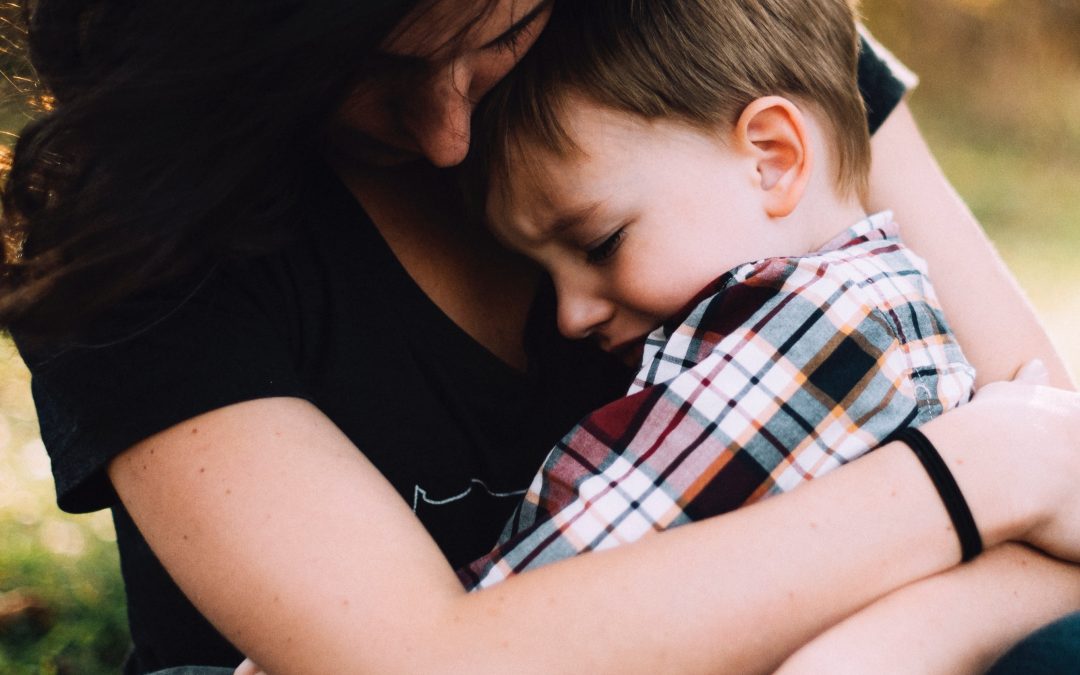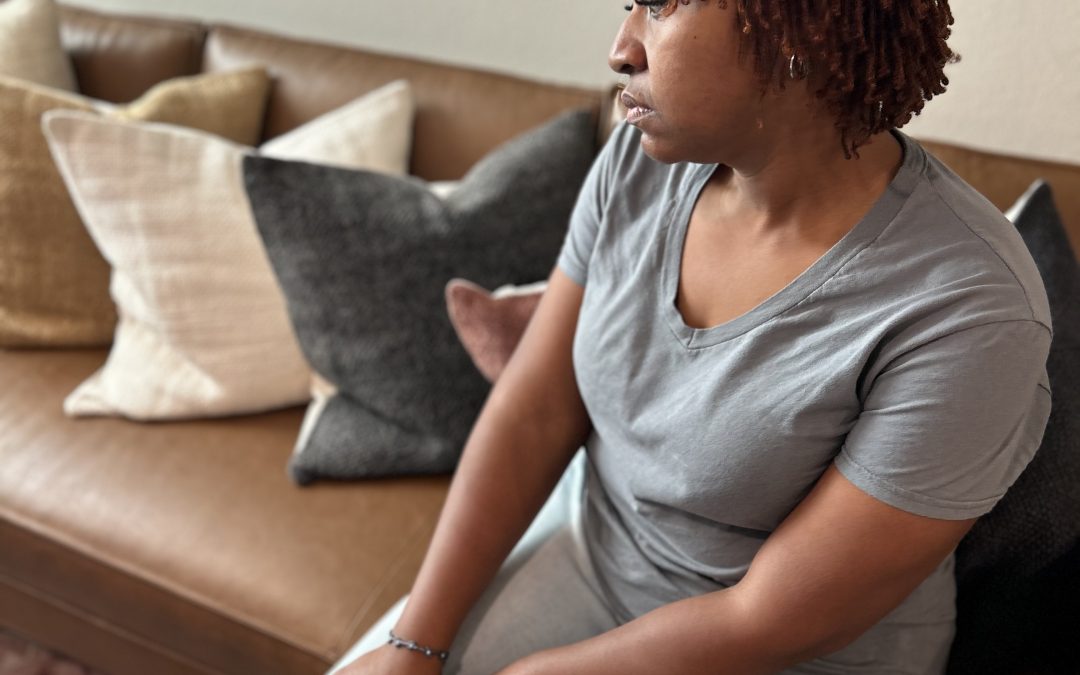
3 Reasons Why Some Therapists Don’t Accept Your Insurance
One of the first questions our front office hears when someone reaches out is:
“Do you take insurance?”…And our answer? No, we don’t.
That might sound surprising—maybe even disappointing at first. But have you ever stopped to wonder why some therapists don’t accept your insurance? This blog will review 3 reasons you don’t want your therapist to accept your insurance.
Believe it or not, insurance companies have a lot more control over your therapeutic experience than you may realize. Here are three major reasons why we’ve chosen to keep them out of the therapy room—and why that might actually be a better decision for you.
1. You’re Required to Be Diagnosed—Immediately
Most people don’t realize that insurance companies require a mental health diagnosis after the very first session—100% of the time.
That means even after just one meeting, your therapist must assign a formal diagnosis that becomes part of your permanent medical record. While that might not seem like a big deal for someone who has long-term mental health struggles, it’s not that simple for everyone.
For example, many of our clients come to us with symptoms related to trauma. Trauma doesn’t always show up in obvious ways—it can look like depression, anxiety, anger, sleep issues, or mood swings. One session isn’t always enough to distinguish between, say, major depressive disorder and post-traumatic stress. We believe in getting the diagnosis right, and that often requires more time and a deeper understanding of your full story.
When insurance dictates that a diagnosis be made right away, it can put unnecessary pressure on both client and therapist to rush a process that should be thoughtful and individualized.
2. Kids Can Be Labeled for Life
Now imagine that same pressure—only with a child.
We work with many children and teens who are simply going through life transitions: starting school, adjusting to changes at home, or learning to cope with big feelings. Sometimes, what they’re feeling doesn’t require a clinical diagnosis—it just needs time, support, and guidance.
But when insurance is involved, even a 5-year-old might receive a diagnosis like Generalized Anxiety Disorder just to justify treatment coverage. That label goes into their medical record and could follow them long after they’ve grown out of the struggle. We don’t take that lightly.
Mental health isn’t always a lifelong condition—especially in children. Sometimes, it’s just a moment in time. And we believe that moment deserves care without unnecessary labels.
3. Insurance Can Disrupt or Control Your Progress
When you use insurance, your care is subject to coverage limitations, billing errors, and approval processes. It’s not uncommon for claims to be denied over the smallest technical mistake—leaving you stuck with a bill or an interrupted therapy schedule.
Worse, when someone loses insurance or changes providers, therapy may have to stop altogether. Imagine finally gaining momentum in your healing, only to lose access to your therapist because your plan changed.
When therapists don’t accept insurance, none of that happens.
There’s no need to switch therapists if your coverage changes.
There’s no waiting on approvals.
And you and your therapist can decide together how often you meet, how long you meet, and what direction your sessions take—without a third party getting in the way.
Final Thoughts: Empowering You to Make the Best Choice
At the end of the day, your mental health care should feel safe, consistent, and personal. So the next time you hear that a therapist doesn’t accept your insurance consider wisely your next move. Whether you choose a therapist who accepts insurance or not, the most important thing is that you’re making an informed decision—knowing exactly what to expect.
For us, not accepting insurance is one way we protect your privacy, prioritize accurate care, and ensure nothing gets in the way of your progress. If that sounds like the kind of experience you want, we’d be honored to support your journey.





Recent Comments